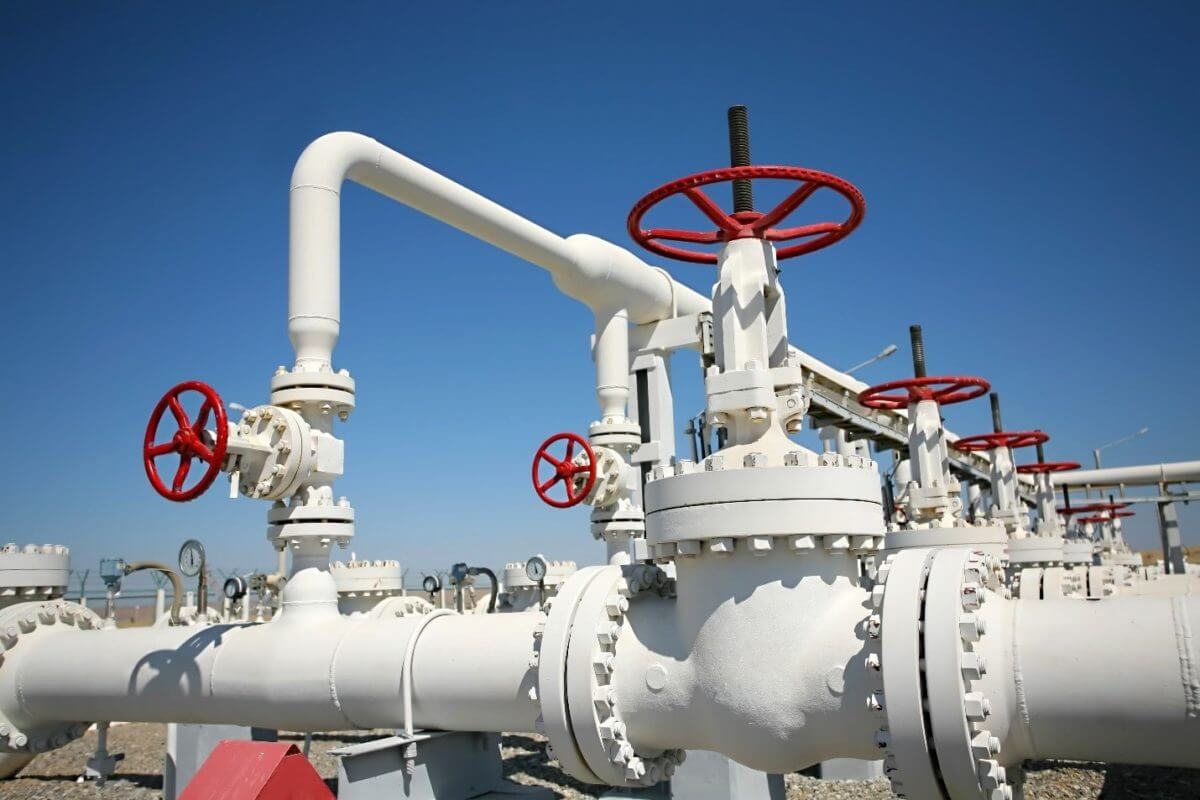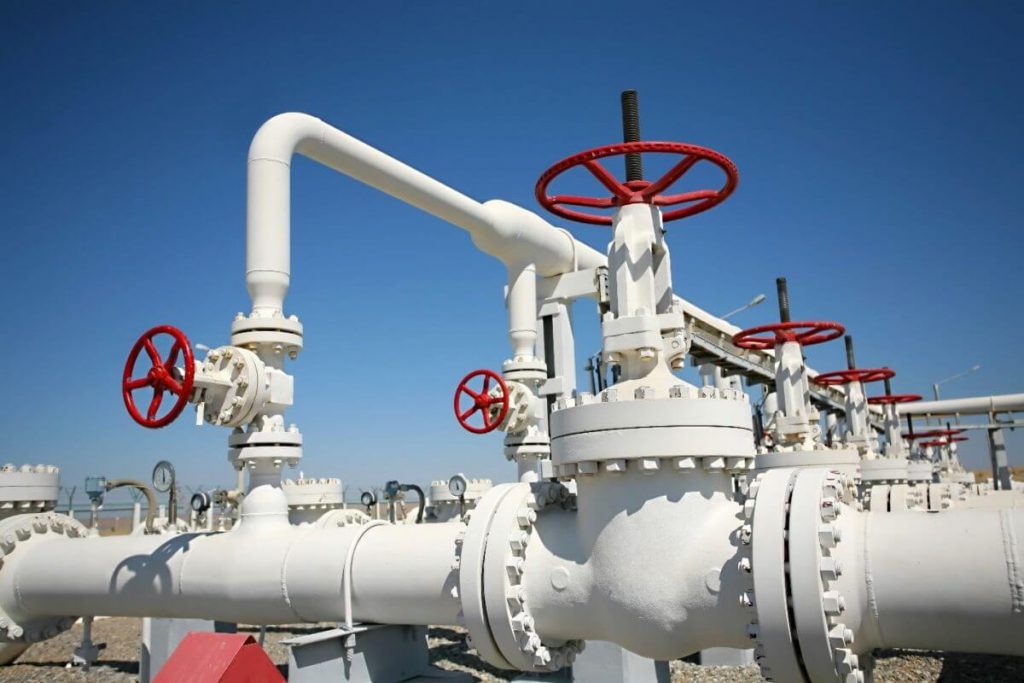
Gas Price: EU Nears Capacity, Turning to Ukraine for Storage
Figures from Gas Infrastructure Europe reveal that the EU’s gas storage facilities are now nearly 99% full, surpassing the target of 90% of storage capacity set by Brussels for November. The unexpected surplus is a result of continued imports of liquefied natural gas and reduced demand. This surplus serves to reduce the vulnerability of the EU to energy shortages. However, it is not a guarantee of energy sufficiency for the upcoming winter.
Business Gas Prices and the Ukraine Connection
As EU storage facilities near capacity, businesses are increasingly turning to Ukraine for gas storage solutions. Ukraine boasts Europe’s largest gas storage tanks, which are now holding the highest volume of natural gas since Russia’s invasion last year. This trend, along with the use of LNG tankers as offshore floating storage, has significantly increased storage capacity and offered businesses a way to secure their gas reserves.
Comparing Business Gas Prices and the Benefits of Ukraine Storage
The UK has also managed to fill its storage facilities to near capacity, standing at 95%. However, the UK’s storage capacity is smaller compared to many other European countries. The additional gas stored in the EU and Ukraine provides a buffer against major increases in European gas prices. Gas prices dropped by as much as 10% recently due to forecasts of warmer weather in the coming weeks. This decrease in prices, while temporary, demonstrates how additional storage can help stabilise prices during periods of uncertainty.
Gas Price Predictions and the Impact of Increased LNG Dependency
Despite the current ample reserves, Europe’s increased reliance on LNG, especially after Russia cut gas supplies last year, has made the region more sensitive to potential supply disruptions. Europe’s dependence on LNG has raised concerns, as the region may become more vulnerable to price fluctuations and supply issues depending on global LNG market dynamics.
The Ukraine Advantage: Cheap Storage and Incentives
Ukraine has emerged as a viable storage alternative despite the risks posed by Russia’s invasion. One of the key reasons behind this shift is Ukraine’s offer of incentives, such as affordable storage tariffs and customs duty exemptions for three years. These incentives make it easy for businesses to reimport gas to the EU when needed. Additionally, Ukraine’s underground storage facilities are located in the western part of the country, far from the front lines, providing a sense of security. As of now, these facilities contain over 2 billion cubic meters of gas belonging to EU entities, with Naftogaz, the state energy company, offering over 10 billion cubic meters to foreign customers.
Challenges and the Possibility of Insuring Gas Storage Facilities
Despite the advantages, there are risks associated with storing gas in Ukraine. Naftogaz reported that 128 of its facilities across the country had been damaged by Russian attacks between January and October of this year. However, no underground storage facilities have been hit. To address these risks, the EU and Ukraine are discussing the possibility of insuring the storage facilities against damage resulting from the ongoing conflict. While such guarantees could further increase the use of Ukrainian tanks, the feasibility of insurance in the near future remains uncertain.
The near-full capacity of the EU’s gas storage facilities has prompted energy companies to explore alternative options to secure their reserves for the winter. Ukraine, with its incentives and vast storage capacity, has emerged as a critical player in this strategy. This shift has the potential to influence business gas prices and provide some stability in a volatile energy market. As we keep a close eye on gas price predictions and supply dynamics, businesses will continue to adapt to changing circumstances, ensuring they have the necessary resources to weather the winter months. The business community will closely watch developments in Ukraine and the EU’s energy landscape to make informed decisions on their gas storage strategies.



